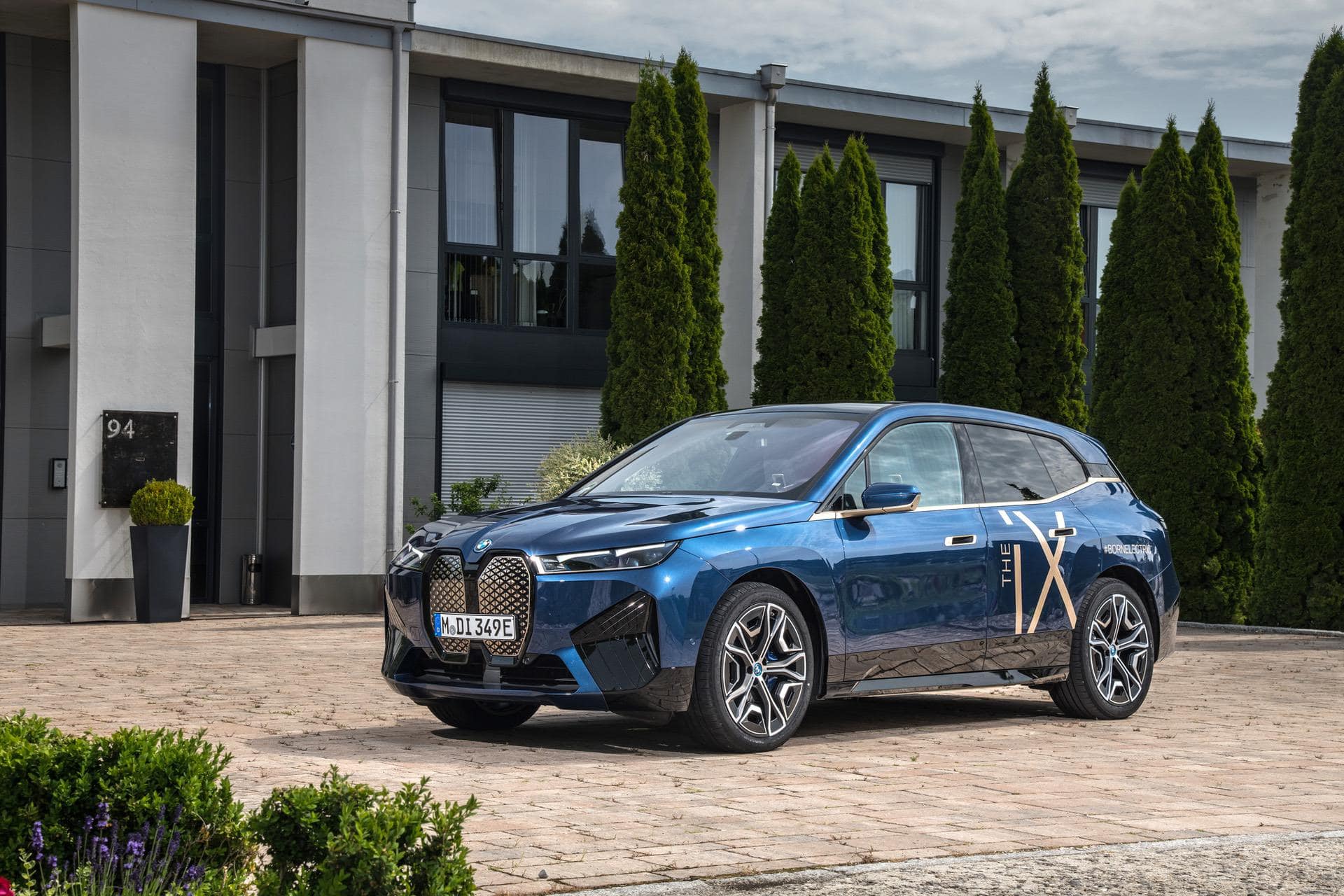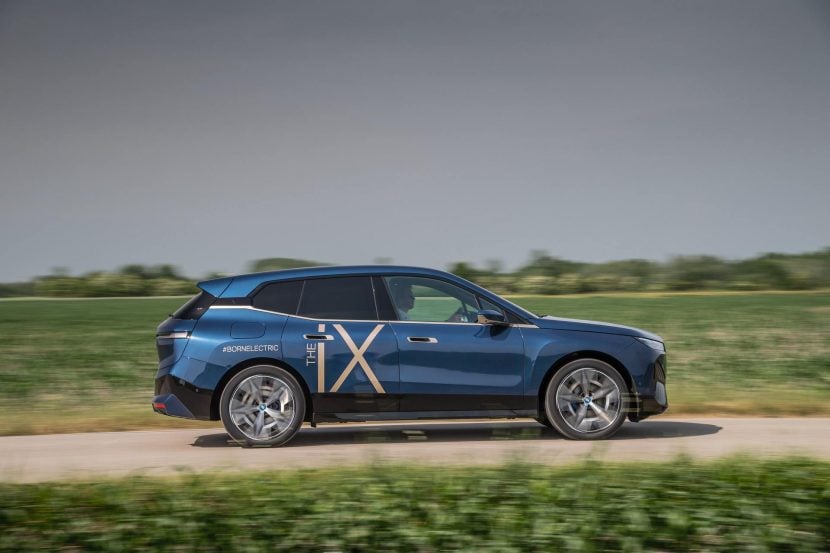Back in 2014, BMW made big waves by not only releasing the all-electric i3 but also creating an entire subdivision dedicated to EVs. Since then, though, its electric efforts have fizzled out, resulting in quite a bit of criticism from enthusiasts and journalists. However, BMW CEO Oliver Zipse wants to be clear that BMW’s efforts into EVs didn’t stop during that time.
“There is a perception that we took a break, but we actually didn’t take a break,” Zipse recently told Reuters. “We waited for the moment when electromobility is really getting into higher volumes,” he said.
I’ve personally been critical of BMW’s insistence on using scalable architectures, which can be used for both internal combustion and electrification, rather than using dedicated EV platforms. While BMW does have the i3 and iX, which are built using bespoke EV platforms, the rest of its previous and future EV lineup will use at lease semi-flexible architectures. Zipse defends that by saying it creates designs that more BMW customers want.
“If you look at what’s happening in the market with these (dedicated EV) platforms, the cars all look alike,” Zipse said. “BMW serves very specific, high-paying customers, I think they don’t want cars who all look alike.”
I call hogwash on that. Dedicated EV platforms offer far more freedom in design than any other on the market. Look at cars like the Honda E, Audi e-tron GT, and Lotus Evija. All three cars, built on dedicated EV architectures, all three are drastically different in size, shape, design, wheelbase, passenger space, everything. Automotive designers have claimed EV architectures offer them far more of a blank canvas than ever before, so design is no excuse.
There are absolutely things to be excited about in the near future. The BMW iX is a very interesting and impressive new EV, the i4 M50 will offer BMW M3 Competition levels of performance in an affordable, electric package, and the Neue Klasse of chassis is going to be a mostly dedicated EV platform, even if BMW is too stubborn to not eliminate internal combustion from it entirely. So it’s not all doom and gloom. However, it is frustrating to see BMW execs dig their heels in on, or rather against, EV architectures.
[Source: Automotive News Europe]



















































